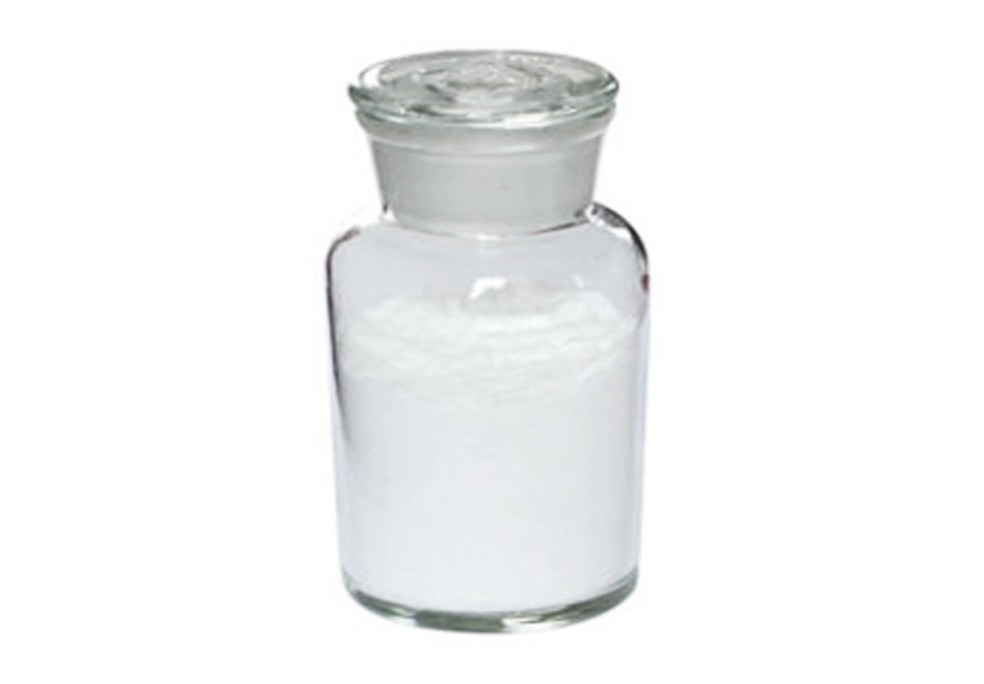Prednisolone is a synthetic glucocorticoid, a derivative of cortisol, which is used to treat a variety of inflammatory and auto-immune conditions. It is the active metabolite of the drug prednisone[1] and is used especially in patients with hepatic failure, as these individuals are unable to metabolise prednisone into prednisolone.
Prednisolone is a corticosteroid drug with predominant glucocorticoid and low mineralocorticoid activity, making it useful for the treatment of a wide range of inflammatory and auto-immune conditions such as asthma, uveitis, pyoderma gangrenosum, rheumatoid arthritis, ulcerative colitis, pericarditis, temporal arteritis and Crohn's disease, Bell's palsy, multiple sclerosis, cluster headaches, vasculitis, acute lymphoblastic leukemia and autoimmune hepatitis, systemic lupus erythematosus, Kawasaki disease and dermatomyositis. It is also used for treatment of sarcoidosis, though the mechanism is unknown.
Prednisolone acetate ophthalmic suspension (eye drops) is an adrenocortical steroid product, prepared as a sterile ophthalmic suspension and used to reduce swelling, rdečina, itching, and allergic reactions affecting the eye.
Prednisolone can also be used as an immunosuppressive drug for organ transplants and in cases of adrenal insufficiency (Addison's disease).
Corticosteroids inhibit the inflammatory response to a variety of inciting agents and, it is presumed, delay or slow healing. They inhibit the edema, fibrin deposition, capillary dilation, leukocyte migration, capillary proliferation, fibroblast proliferation, deposition of collagen, and scar formation with inflammation.






















